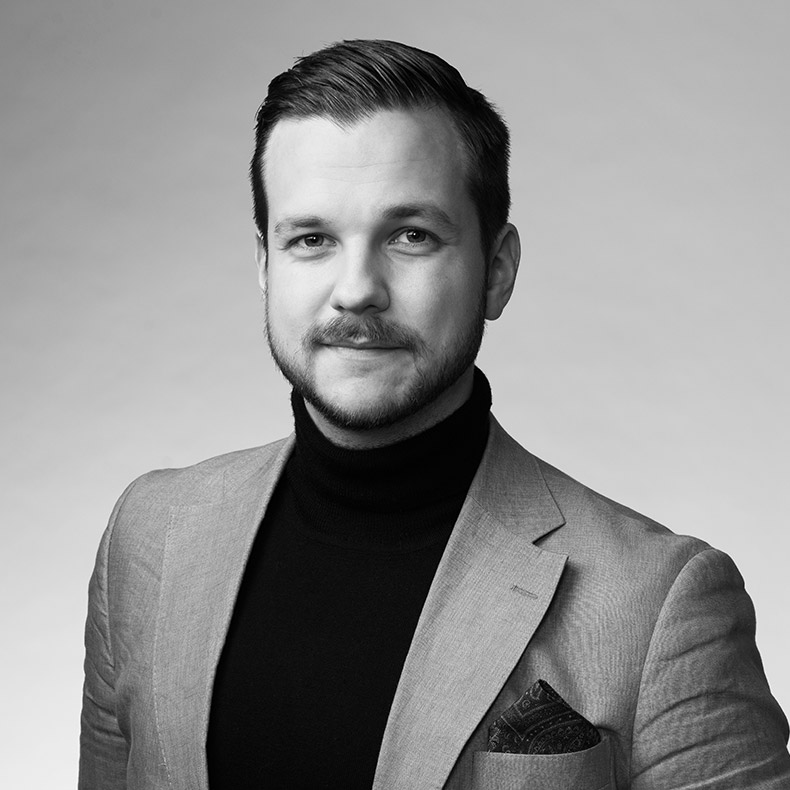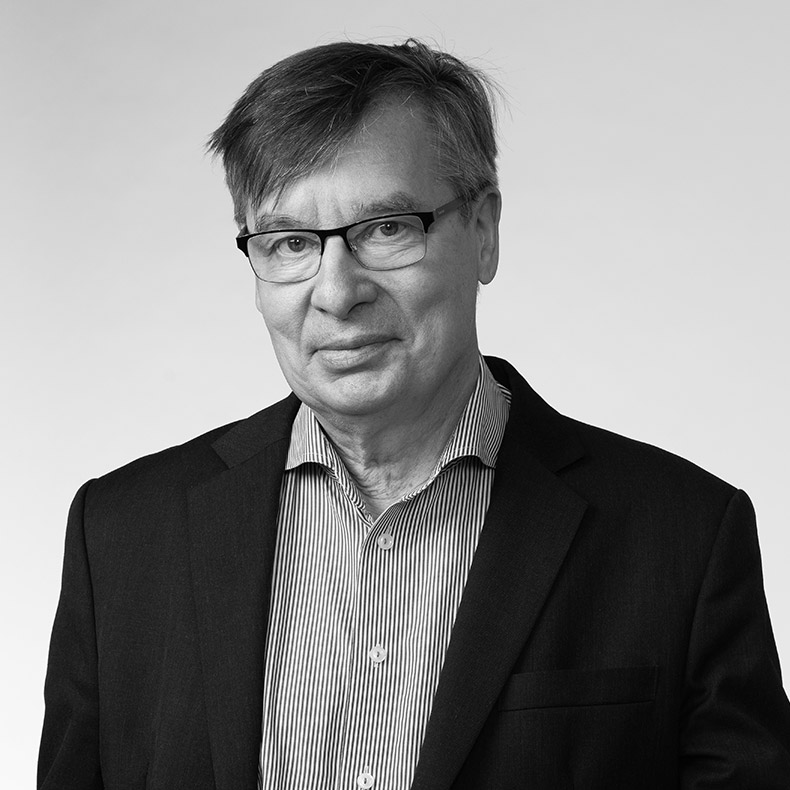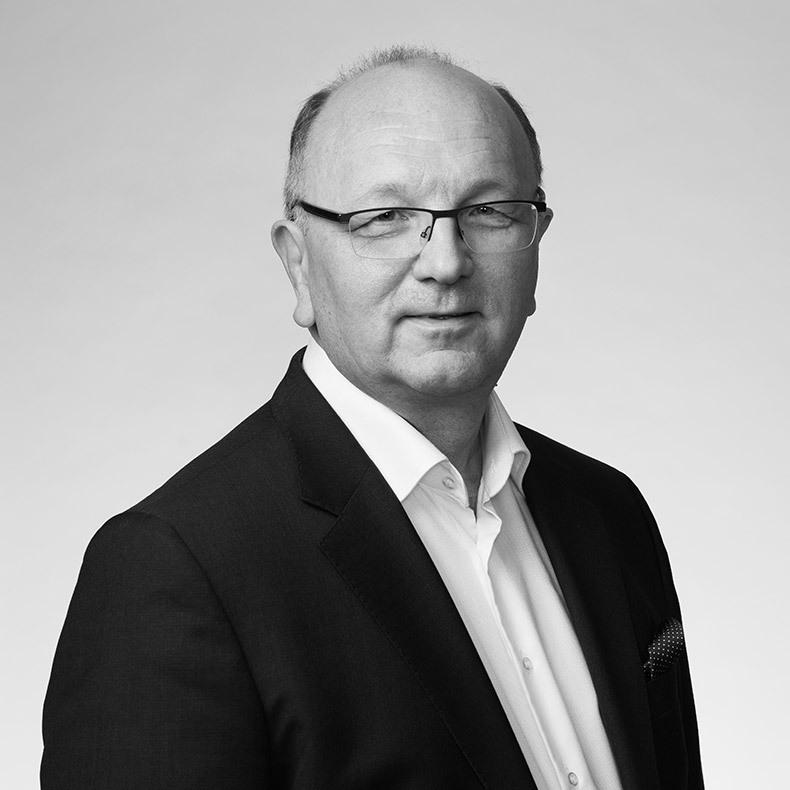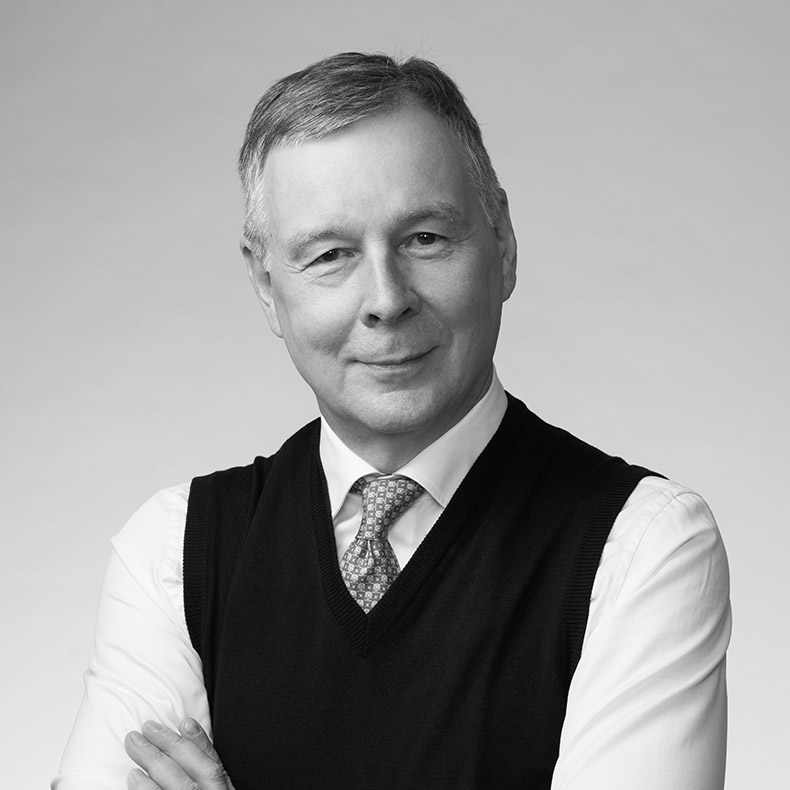This cannot happen! This war is insane! What on earth are they trying to achieve? Outcries like these have been common since end of February. But unfortunately, Russia’s war against Ukraine is a fact. Another fact is that all the signs were there, including US intelligence predictions of the date when the invasion would start. But we could not interpret things correctly, mostly because the scenario of a war in Europe was so awkward. A tragedy is now unfolding before our eyes. But as decision makers, responsible for our organizations, we must make sense of the situation, cope with plausible tomorrows, and make decisions today.
SEEING PAST THE BIASES IS CRUCIAL IN SENSEMAKING
In real-time we see what is happening. Media, both traditional and social, report of different aspects. One challenge we have is that there are probably very few “objective” reports, all are looking at the situation through lenses, some intentionally stressing some aspects, some conveying wishful thinking, some pure propaganda etc. To understand why who is saying what is not an easy task. And at the same time our perceptions and interpretations are very tweaked by our personal set of values.
DO YOU HAVE THE TOOLS TO MAKE SENSE OF THE SITUATION AND ITS IMPLICATIONS?
The war in Ukraine was not more than days old when the first companies announced that they will withdraw from Russia. This was not based only on the sanctions imposed, but also on other considerations, including moral and ethical. Other decision might be less dramatic, but the situation is new, the playing field has tilted. Few organizations have scenarios and contingency plans for the situation with a war in Europe. These would be helpful to have, when making decisions in a new, and partly unknown situation. It is of utmost importance to start working on such plans now. Doing so, one must consider several plausible ways the war might unfold. Fortunately, there are tools and practices to support the planning process.
Lot of thinking power and energy is devoted to the immediate and acute challenges. The magnitude of the refugee tragedy is enormous. The anticipated recovery from the pandemic will be postponed. The global financial system faces challenges etc. At the same time, we already see that the war Russia has started has impacted other processes. Besides EU revamping unity and acceleration of discussions of NATO membership in Finland and Sweden, e.g. energy transition is not only a climate issue anymore, but also a security issue. And global sourcing and logistics are looked at in new ways. Recycling of especially rare earth metals will be looked at more intensively. A lot of issues emerge. Each organization face uncertainties that have not been on the radar screen before the war. It is beneficial to take a fresh look at the set of uncertainties impacting how the future context of the organization’s activities might unfold. Scenario planners are helpful doing this.
KEEP A COOL HEAD
Individuals are mostly very optimistic. Kahneman and Tversky made this evident in their seminal research. We are bad at dealing with unwanted futures. It is easier to condemn a war than dealing with the fact that there is a war and at least most medium-term consequences are challenging. Fortunately, structured scenario analysis is helpful. Analytical vigour can set personal feelings at rest for a while. The President of Finland, Sauli Niinistö, expressed himself along the same lines in his press release from March 3rd, 2022 “In the midst of an acute crisis, however, it is particularly important to keep a cool head and to assess with care the impact of past and possible future changes on our security – not hesitating, but with care”. For decades the scenario community has helped decision makers to keep a cool head while making sense of a senseless situation.




